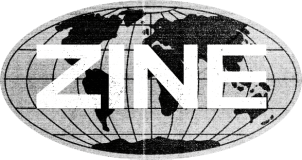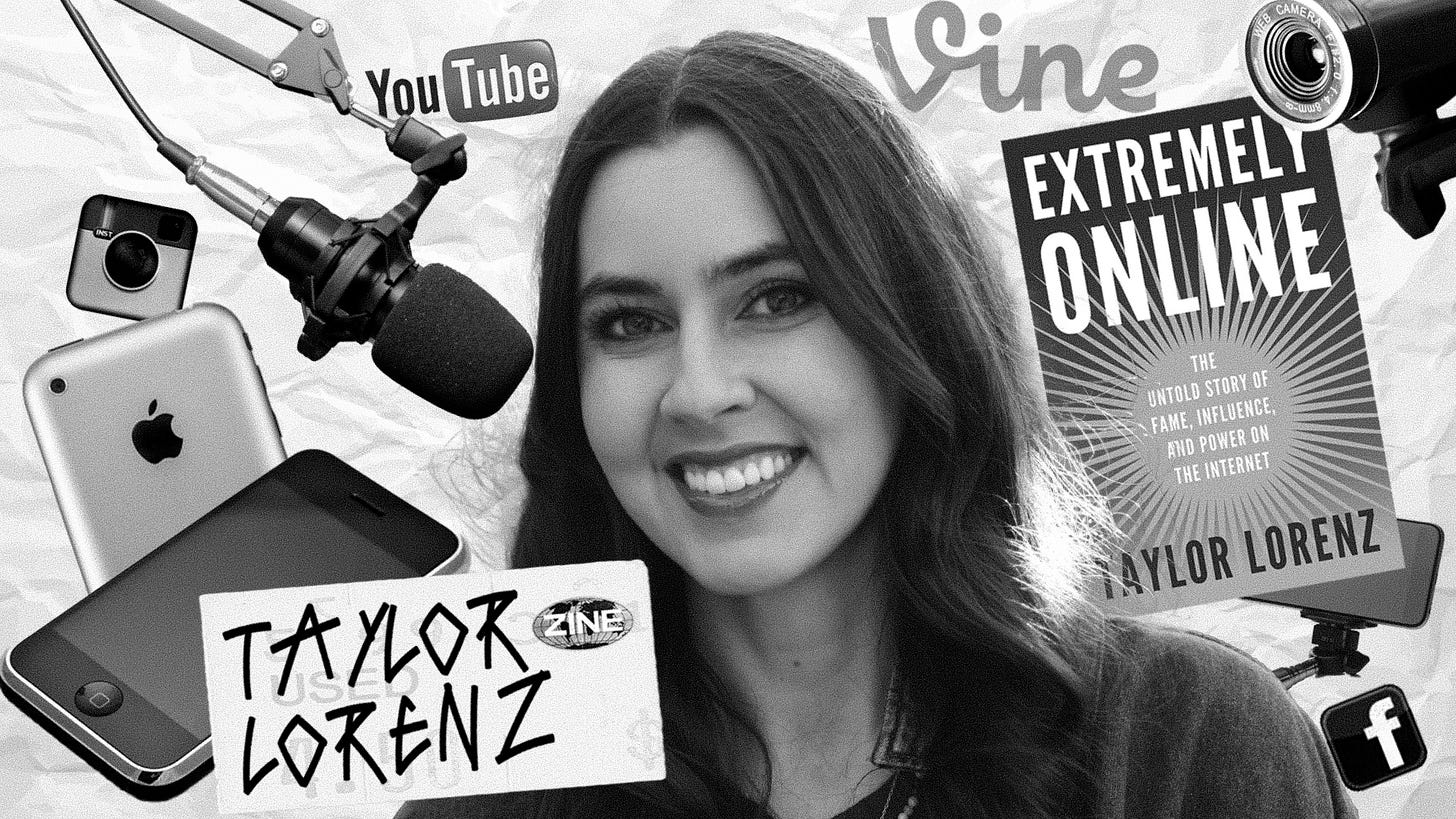Interview with Taylor Lorenz: Extremely Online & The History of the Social Internet
An Exclusive Q&A with Taylor Lorenz, Author of Extremely Online
This fall technology columnist Taylor Lorenz releases her debut book, Extremely Online: The Untold Story of Fame, Influence, and Power on the Internet:
“By tracing how the internet has changed what we want and how we go about getting it, Lorenz unearths how social platforms’ power users radically altered our expectations of content, connection, purchasin…


